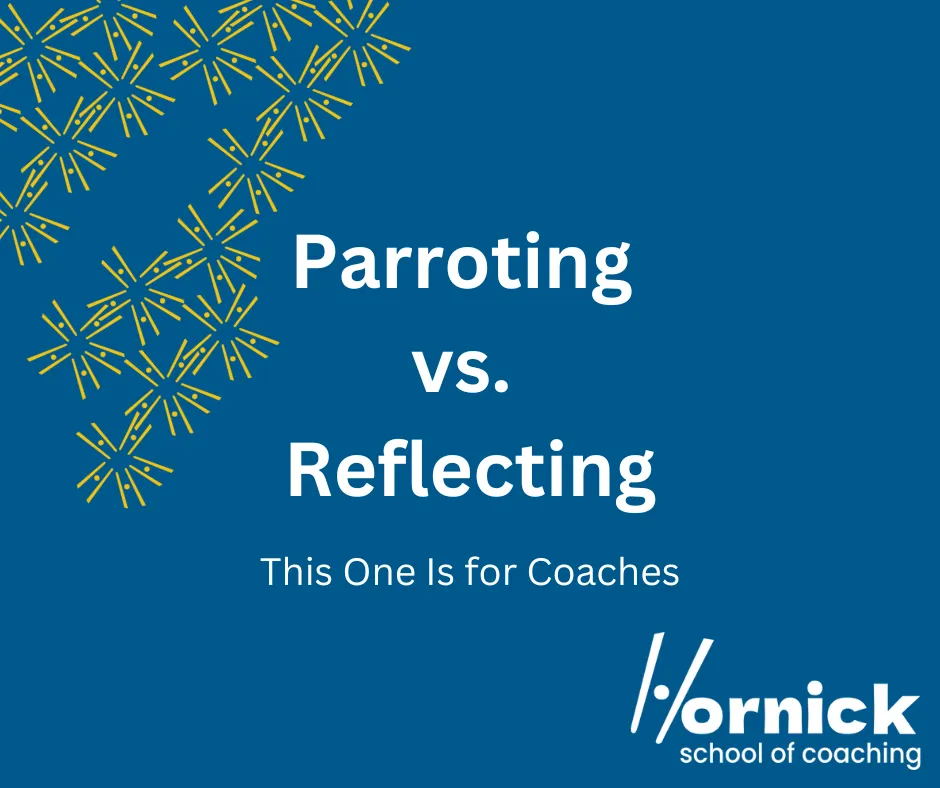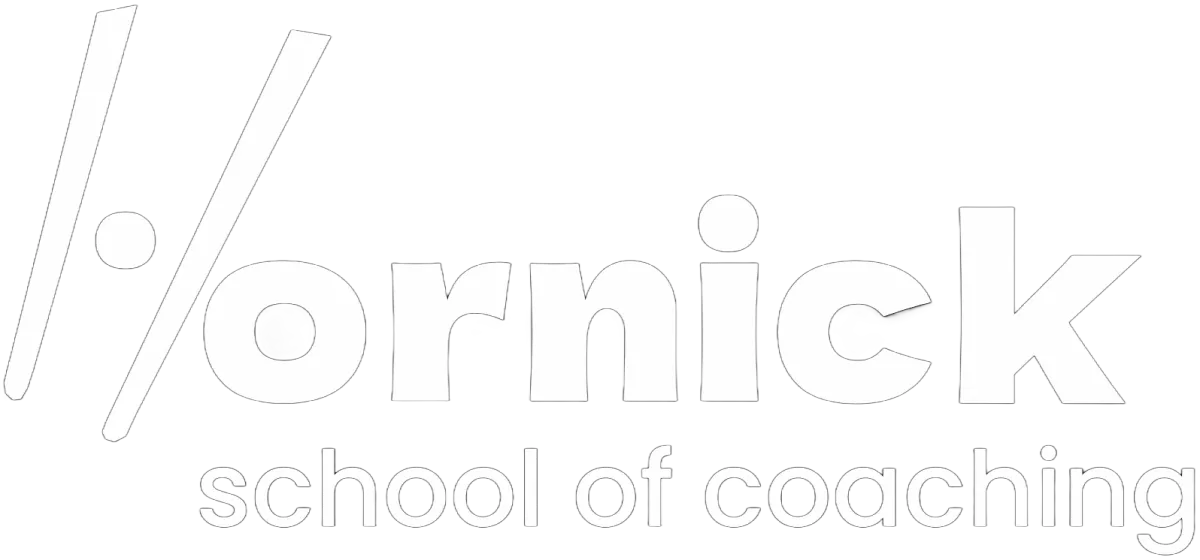
Parroting vs. Reflecting
Too many coaches get this wrong.
What they do is repeat back like a tape recorder what their client says. And they sound like parrots, not coaches. It makes them seem mechanical and it discourages human connection.
Yes. Reflection is a critical coaching move. It’s often good to reflect what the client has said. Parroting, however, is reflection done poorly.
When reflecting, it’s easy to sound like you are DOING A TECHNIQUE. This is the problem. It sounds like you are trying to remember and repeat their words, especially if that’s what you are doing. Don’t do that.
Clients don’t like to have a technique done on them. They want a friendly, powerful, deep conversation. When you parrot them, it’s mechanical and it turns people off. It’s a disconnector.
Coaches get confused about this because it’s correctly considered a high level coaching skill to use the client’s language. It’s especially sweet to inquire about a client’s choice of language. (What does that say about who they are being?)
I teach coaches to reflect.
Working with teams in the workplace (a different context from coaching), I teach people to “replicate” what a colleague says and even to guess what that means to the speaker (to “recreate” the speaker’s context). These are powerful ways to improve understanding, connection, and collaboration.
Don’t let it turn into parroting.
BTW-Appendix–When to Reflect
The most important time for a coach to reflect is when the client has given voice to an insight or other significant comment and then meandered off into something else. Reflection here helps the client come back to the insight, to realize what was said, to grasp the gold ring, not speed by and lose it. It’s great coaching.
Reflection is also useful when the reflection comes from your genuine curiosity. Since it’s your curiosity, you can use your words. You are co-creating here. This helps the client build their understanding of what they are investigating.
Sometimes, not too often, reflection just to let the client know they’ve been heard is useful to help the client feel safe.

